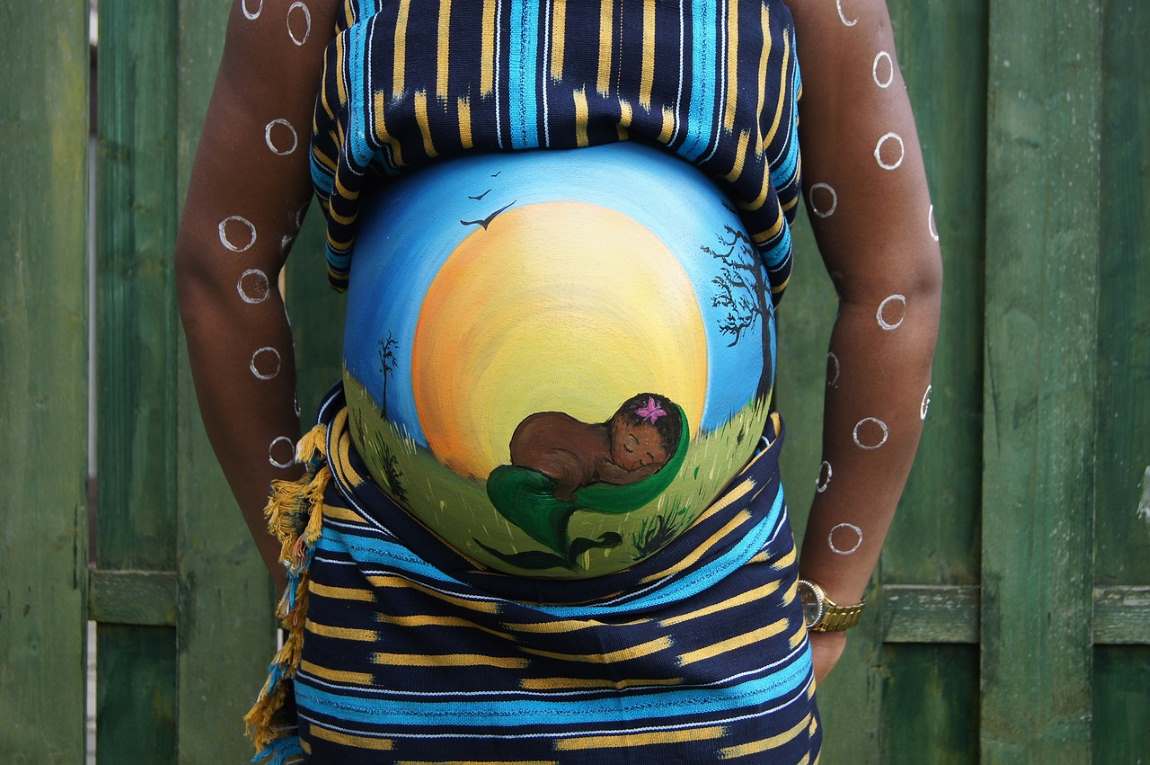A recent study published in Nature Medicine highlights a disturbing correlation between rising temperatures in sub-Saharan Africa and an increased risk of perinatal deaths.
The research, conducted by a team from Karolinska Institutet, Sweden and other institutions, indicates that exposure to high temperatures during the final week of pregnancy significantly raises the likelihood of stillbirth and early neonatal mortality.
As climate change drives more frequent and intense heatwaves in sub-Saharan Africa, the study underscores the urgency of improving maternal and neonatal care to prevent a reversal of progress in reducing mortality rates in the region.
“While temperatures are rising in sub-Saharan Africa, knowledge of how they affect pregnant women and their babies is scant,” says Claudia Hanson, the study’s corresponding author and a docent at the Department of Global Public Health, Karolinska Institutet.
The study analyzed over 138,000 births across 16 hospitals in four countries: Benin, Malawi, Tanzania, and Uganda. It found that an increase in average weekly temperatures from a typically warm week (22–28 °C) to an exceptionally warm week (24–29 °C) resulted in a 34% higher risk of perinatal death. This risk was particularly pronounced during the six hottest months of the year, where the likelihood of such deaths doubled.
A notable finding of the study was that nearly half of the stillbirths occurred during labor, a trend that is less common in other regions of the world.
Andrea Pembe, professor at the Department of Obstetrics and Gynaecology at Muhimbili University of Health and Allied Sciences, Tanzania, emphasized the need for urgent intervention: “Our results indicate that mother and newborn care in this region must be improved to ensure that hard-won improvements in reducing mortality are not lost to climate change.”
The researchers call for the development and implementation of interventions to protect pregnant women and their babies during heatwaves. These could include redesigning maternity wards with improved insulation and green spaces to mitigate the effects of extreme heat. Additionally, future research will explore how heat interacts with other environmental factors, such as air pollution, to affect maternal and neonatal outcomes.
The study, a collaborative effort among several African and European institutions, was funded primarily by the EU’s Horizon 2020 research and innovation program. It contributes to the ongoing global efforts to reduce stillbirth and neonatal mortality rates, particularly in sub-Saharan Africa, which remains the region with the highest mortality rates. The findings stress the importance of addressing climate change as a critical factor in global health, particularly for vulnerable populations such as pregnant women and newborns.
Journal Reference:
Hanson, C., de Bont, J., Annerstedt, K.S. et al. ‘A time-stratified, case–crossover study of heat exposure and perinatal mortality from 16 hospitals in sub-Saharan Africa’, Nature Medicine (2024). DOI: 10.1038/s41591-024-03245-7
Article Source:
Press Release/Material by Karolinska Institutet
Featured image credit: AnoukvanMarsbergen | Pixabay




